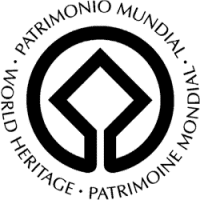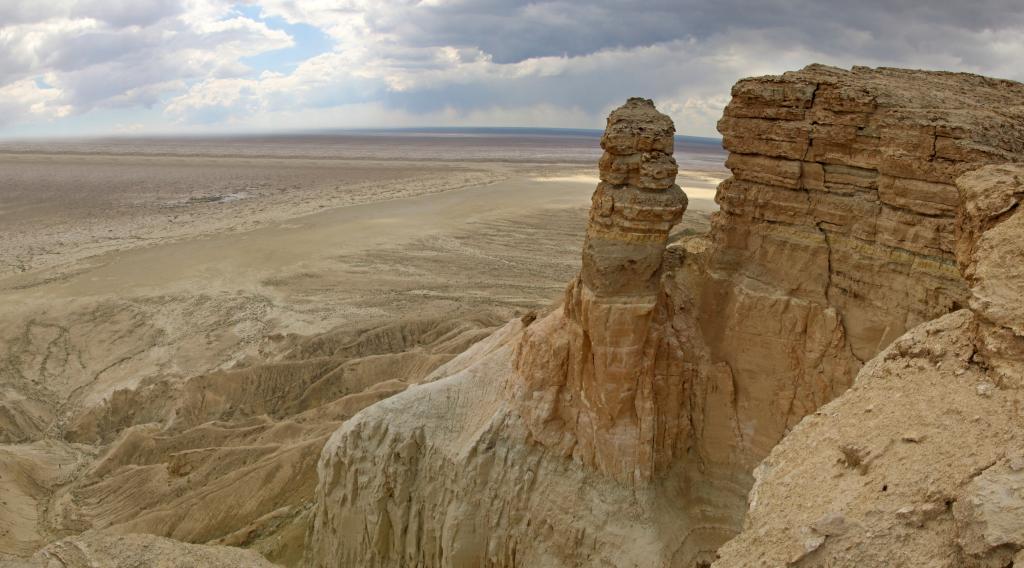Towards effective implementation of the World Heritage Convention in relation to the extractive industries
IUCN and the International Council on Mining and Metals (ICMM), Shell International and JP Morgan Bank have launched a project to critically evaluate the relationship between United Nations Educational, Scientific and Cultural Organization (UNESCO) World Heritage Sites and the extractive industries and develop recommendations for more effective implementation of the World Heritage Convention in relation to the extractive industries.

Photo: UNESCO World Heritage Convention
The assessment will include an examination of current issues in interactions between extractive industries and World Heritage Sites, the effectiveness of World Heritage evaluation and monitoring processes with respect to extractive industries activities and engagement, and the nature of commitments by stakeholders relating to extractive activity and World Heritage Sites.
From this analysis, recommendations for strengthening the World Heritage Convention will be developed. The expected outcome is the establishment of, or progress towards, a level playing field for all parties such that, notwithstanding national sovereignty issues, national and World Heritage Committee policies related to extractive industries are as uniform as possible, regardless of the country in which the World Heritage Site is located.
In 2003, both ICMM and Shell formally recognized Natural World Heritage Sites as areas with significant conservation interests and undertook not to mine or explore in such areas. Several investment banks including JP Morgan Bank have also made commitments not to fund projects that explore or extract non-renewable natural resources within the boundaries of World Heritage Sites, while many other oil and gas companies recognize the need to take special measures to avoid harm when working in or close to World Heritage Sites.
While this response is welcome, desired conservation outcomes for World Heritage Sites will not be achieved through individual corporate commitments. Therefore in 2008, UNESCO, IUCN, and extractive industry representatives met to discuss how to further the goals of the World Heritage Convention through wider stakeholder participation.
The current project builds on the recommendations from this workshop. The overarching goal is to facilitate more effective implementation of the World Heritage Convention through more active participation of industry stakeholders in the various Convention processes, including the creation of new sites, and monitoring, development, and conservation processes. This should support sustainable development in and around World Heritage Sites and allow wider support for, and participation in, conservation objectives for these sites.
The final report and recommendations are expected to be published in June 2012.



